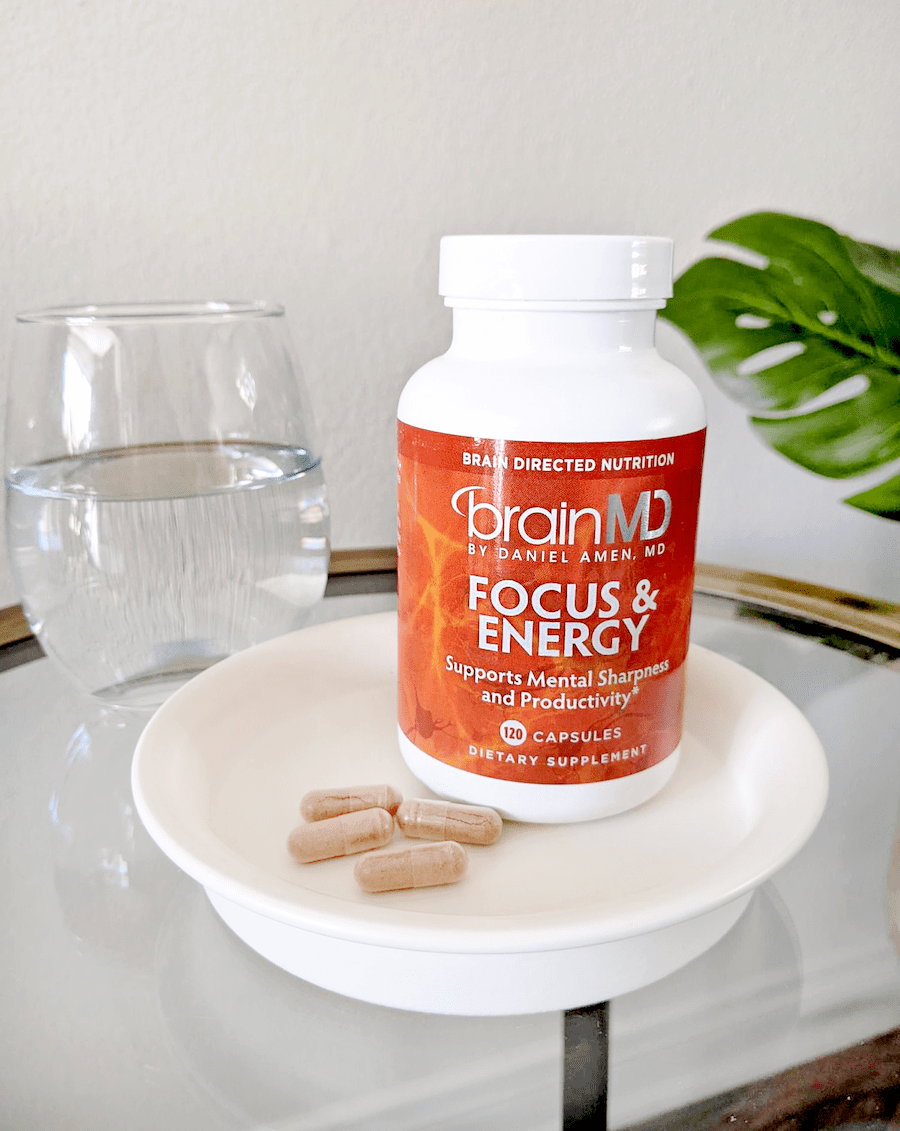How to Improve Focus & Concentration Naturally
What Distracts Us Most? How to Improve Focus and Concentration
Having the ability to stay focused on the task at hand is nearly a superpower in today’s world.
Think about all the distractions we encounter from our digital devices alone: multiple social media apps with direct messaging and alerts; phone calls and voice mails; text messages; news; multiple email accounts; games; music, and more – all jockeying for our attention.
Our mental focus and energy reserves start being taxed the moment we wake up and check our devices. The onslaught of information and stimulation we receive all day long can exhaust us even more.
We consume caffeine – and then wonder why we can’t sleep. Lack of sleep, of course, inhibits our ability to focus.
It’s a vicious cycle.
How many of the 64 percent of American adults who drink coffee every day and the 50 to 70 million of us who have issues with sleep also have trouble with mental focus?
Probably a lot.
Focus Busters
The ability to focus is influenced by age, of course. As we grow older, we actually maintain focus, but our ability to filter out what doesn’t need our attention gets worse. Digital communications and devices increasingly compete for our focus and concentration no matter our age.
Researchers took note of this more than 15 years ago. At that time, a University of London researcher surveyed 1,100 subjects to examine the effects of their email and text messaging behavior. Among a number of negative impacts observed (including IQ), the findings compared the loss of mental sharpness to be on par with losing a night’s sleep.
A 2019 survey of nearly 2,000 Americans showed that participants checked their mobile phones an average of 96 times a day. Each time we interrupt what we’re doing to check our phones, we break our focus. It then takes time and energy to regain our concentration and resume our task.
What is a digitally dependent person to do?
How to Improve Focus and Memory
There are specific actions we can take to flex our focus muscle.
Here are several science-backed actions to boost your power to concentrate:
1. Brain games. Some brain games are good – especially for older adults. Spending just 15 minutes a day, five days a week on games such as crossword puzzles, memory games, chess, sudoku, and jigsaw puzzles can improve concentration. It also can boost memory!
2. Get active. Increased concentration is among the many benefits of regular exercise. Keep it simple at first: take the stairs, walk your kids to school, get up early, and take a 20-minute jog. Do the exercise before you need to focus or when you need a brain refresh.
3. Clear your desk. Our ability to concentrate is innately linked to blocking out distractions, including visual ones. So, clear your desk of papers and other work. And then clear your computer desktop of anything distracting, too.
4. Mindfulness training for concentration may help improve focus and memory. There are many meditation options available online or in communities. Seek one out.
5. Silence or turn off digital devices. When you really need to focus, turn off everything digital that may interrupt you. That includes the phone, email, and all of the alerts and notifications that come from your phone.
Focus & Energy: The Natural Substitute for Caffeine

The formula features a high-potency, decaffeinated green tea extract that enhances delivery of oxygen and nutrients to the brain. It also includes choline, a vitamin-like nutrient that helps brain cells in the production of acetylcholine, a key neurotransmitter for mental focus and learning. A choline deficiency can result in poor concentration and memory, mood changes, and other cognitive impairments, especially as someone ages.
Focus & Energy also includes potent adaptogens: rhodiola, ashwagandha, and ginseng. Adaptogens are a class of herbs that help protect the body against the draining effects of stress. They help the body adapt to a host of different stressors.
- Rhodiola (Rhodiola rosea) acts swiftly and has been shown to combat fatigue, support a positive outlook, and improve physical and mental performance. It increases available energy during the day and supports restful sleep at night.
- Ashwagandha (Withania somnifera, root/leaves) is used in Ayurvedic medicine, helps the body to stay calm and mentally focused amidst stress, and has been associated with improved memory and attention.
- Asian Ginseng (Panax ginseng) helps to improve focus, memory, and overall well-being.
You can break the distracted mind/low energy cycle that so many of us fall into. With these simple concentration-boosting actions and some nutritional brain support, you can naturally improve your ability to focus and enjoy more energy, while keeping digital distractions in check.
At BrainMD, we’re dedicated to providing the highest purity nutrients to improve your physical health and overall well-being. For more information about Focus & Energy and our full list of brain healthy supplements, please visit us at BrainMD.
- Here Are Some of the Best Tension Release Exercises to Help You Feel Your Best! - April 17, 2024
- Foodscaping: How to Grow Healthy Foods In Your Own Garden! - April 12, 2024
- Eat Your Fruits and Veggies (Don’t Drink Them) - March 29, 2024




I believe that reading helps you improve your memory and ability to focus too. So, read more and make it a habit to read every day. 🙂